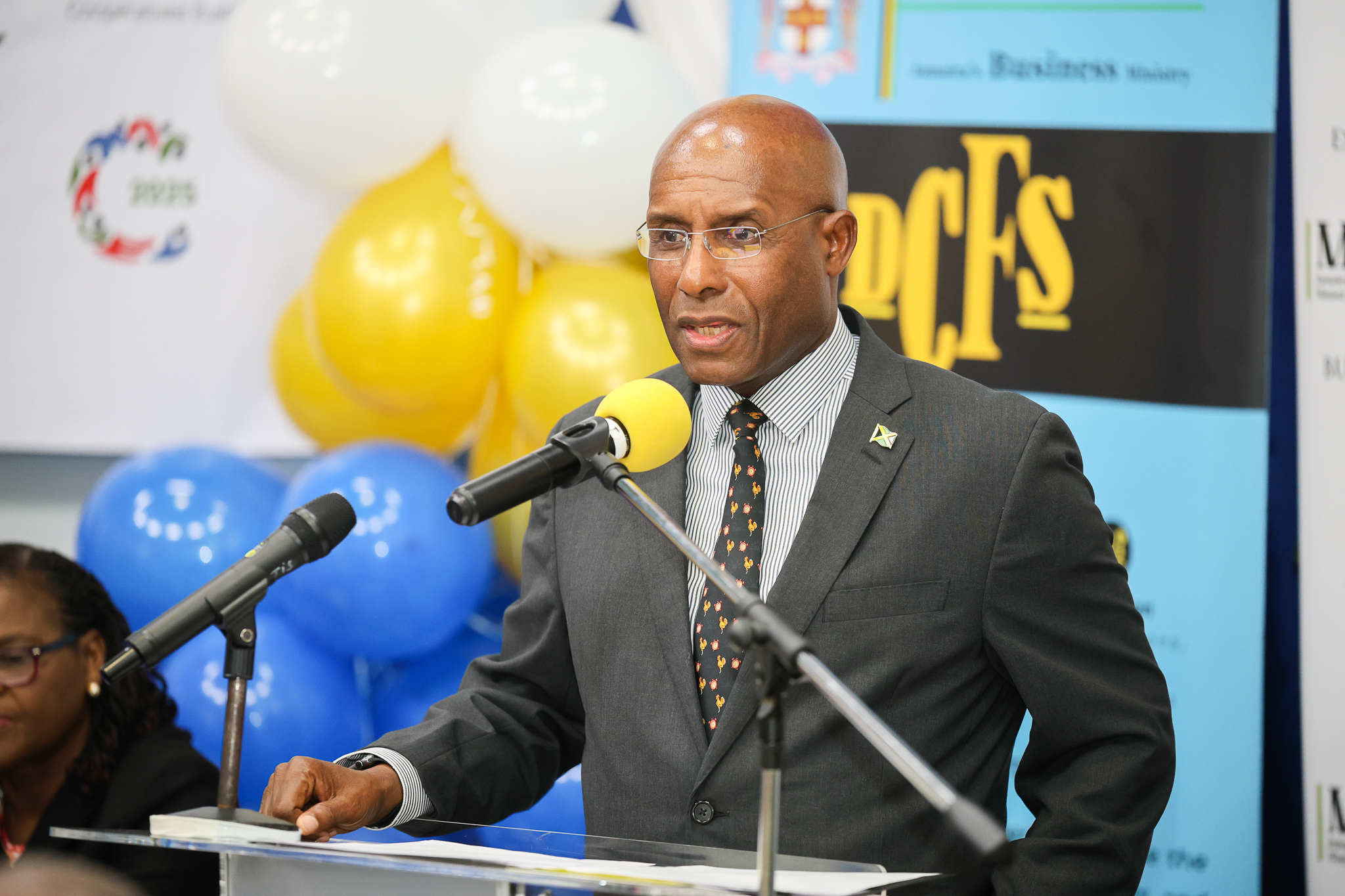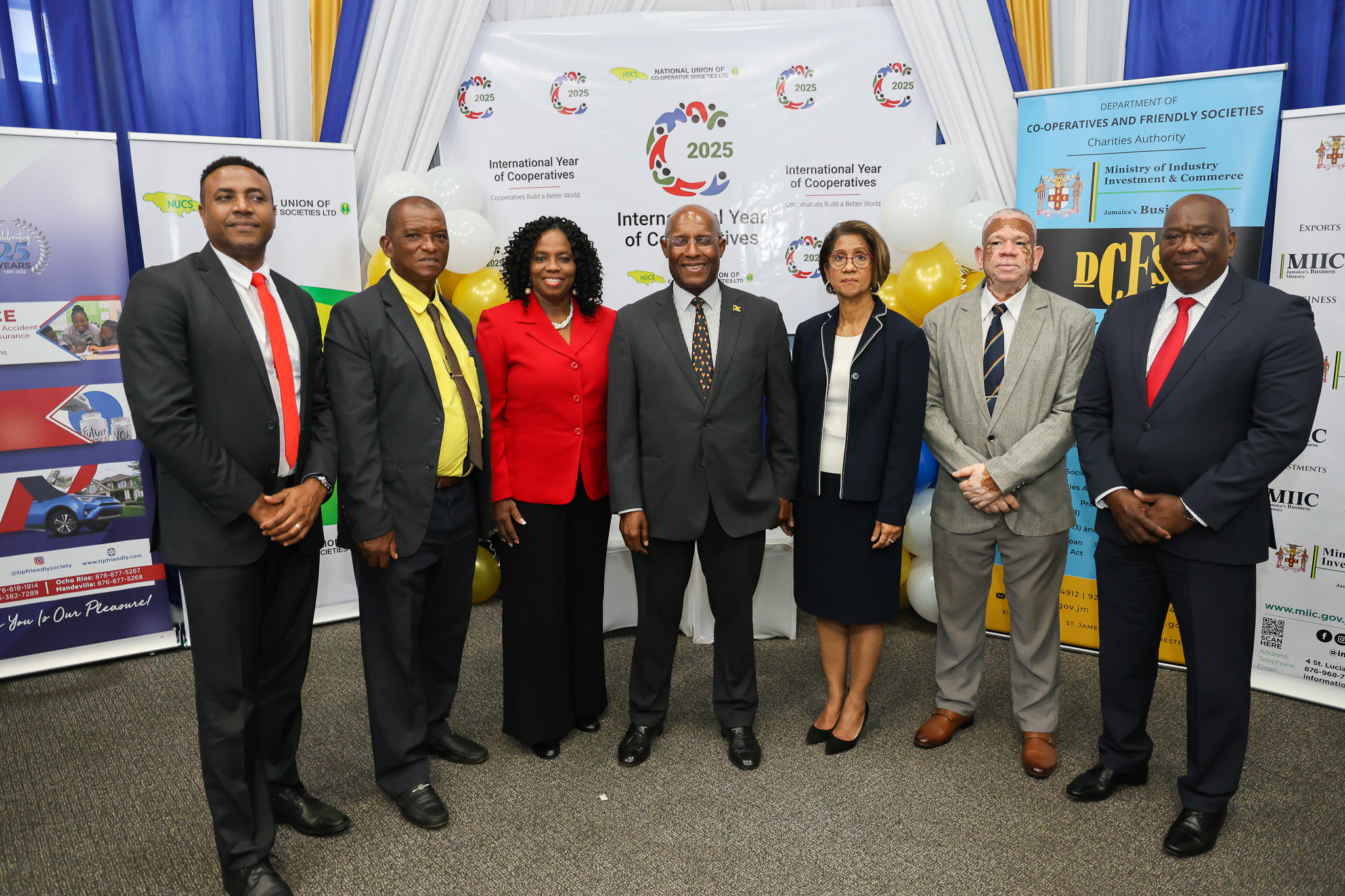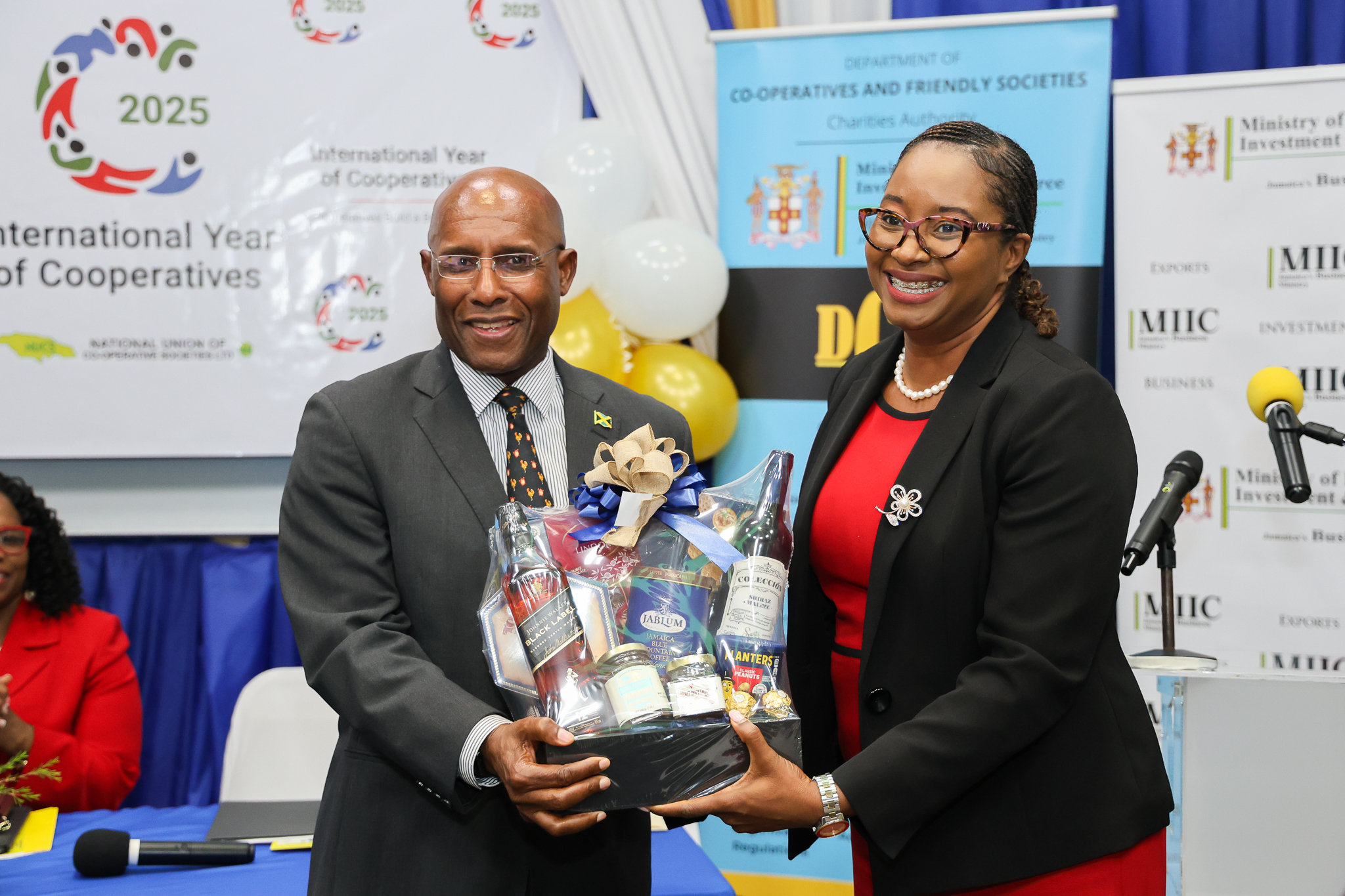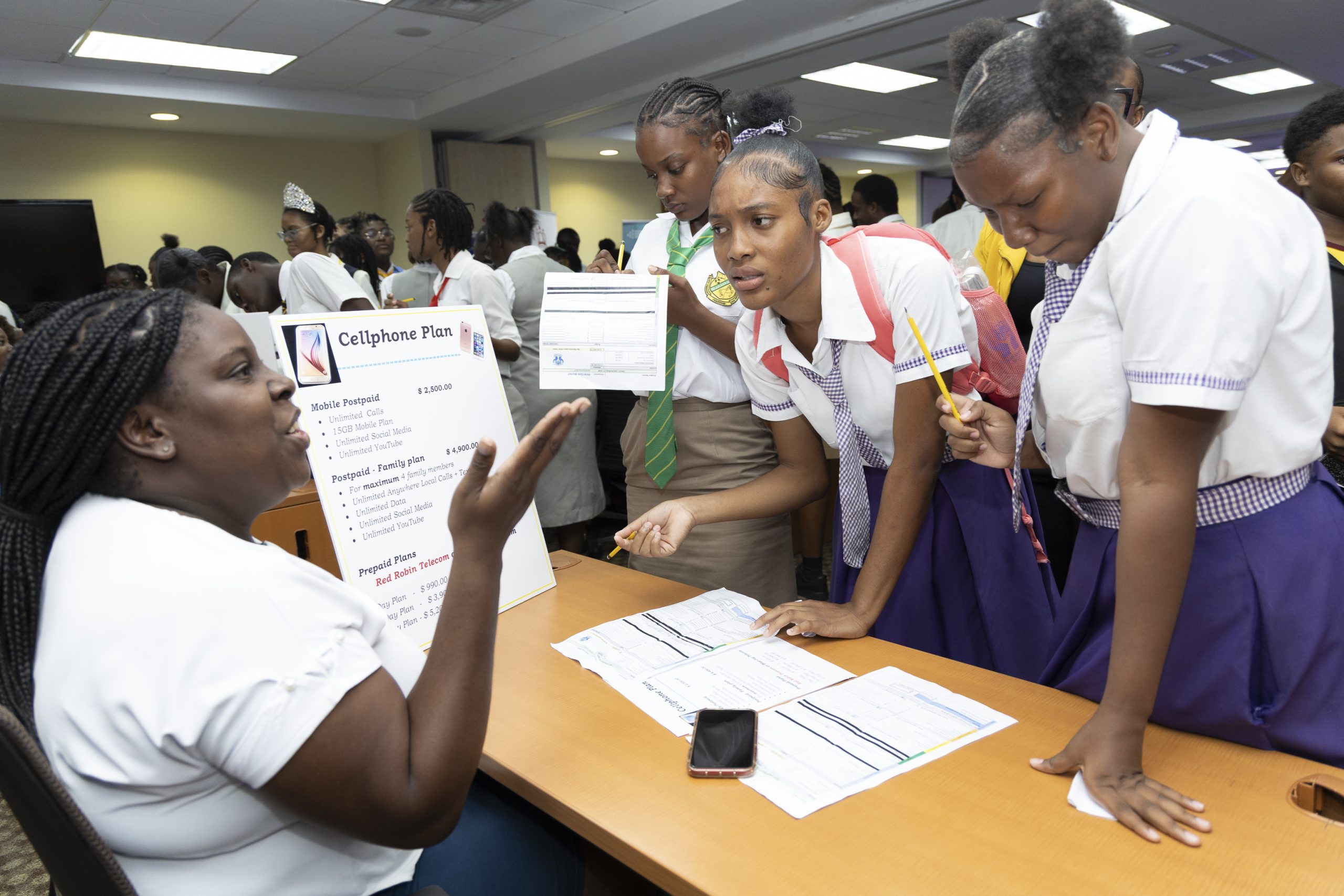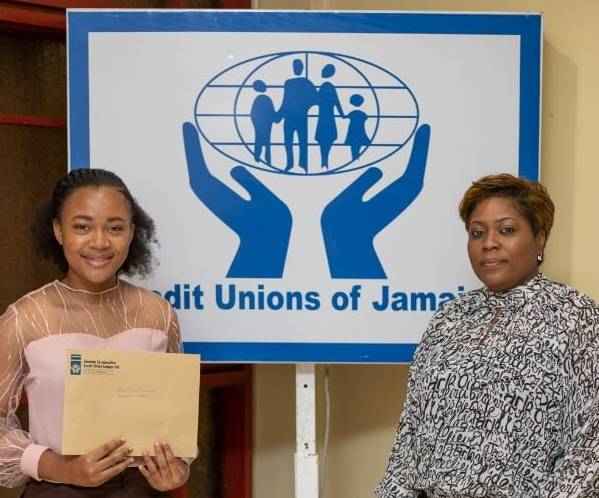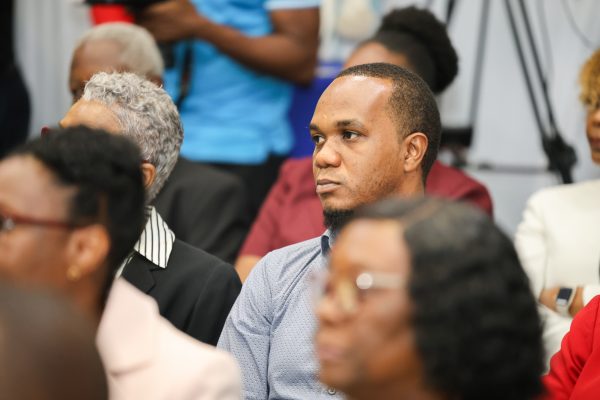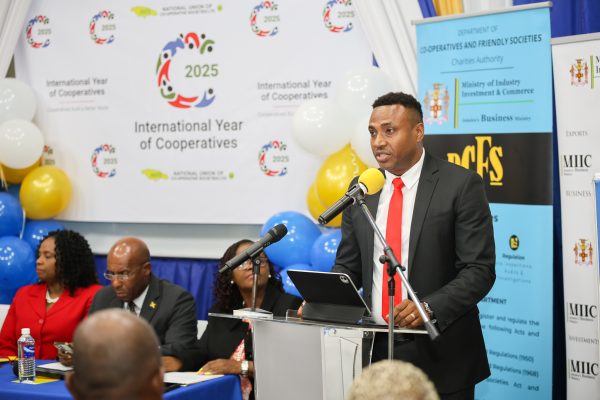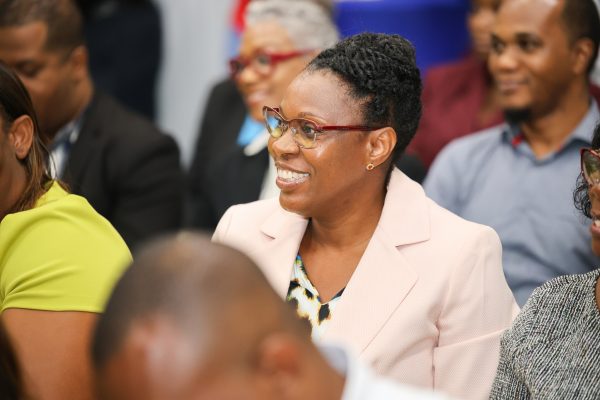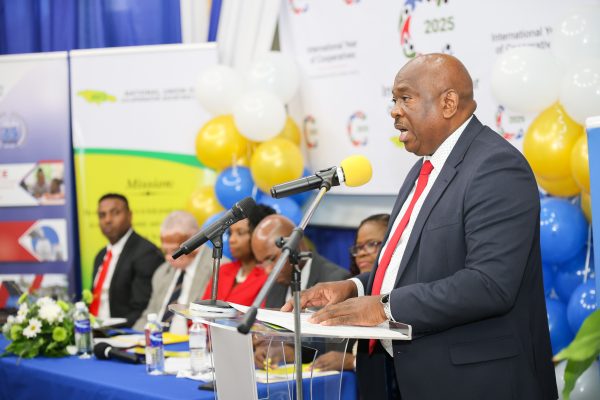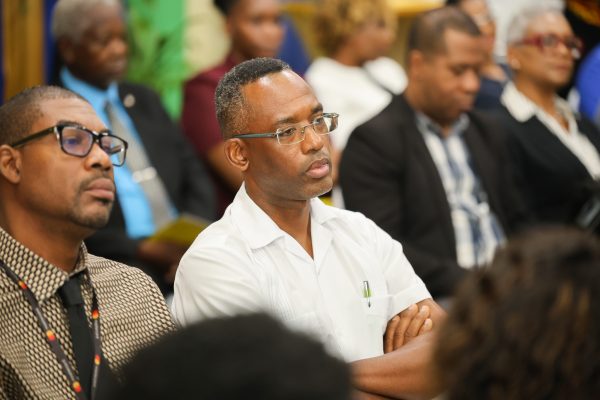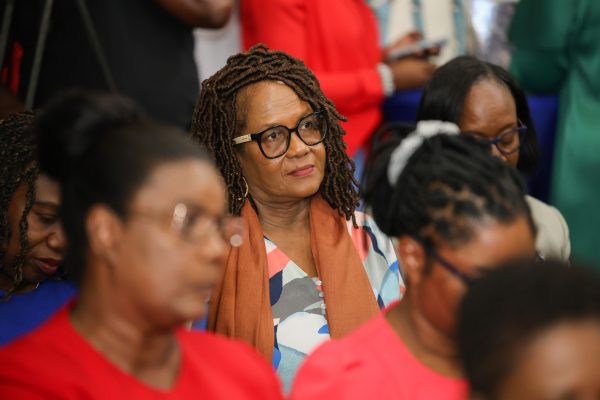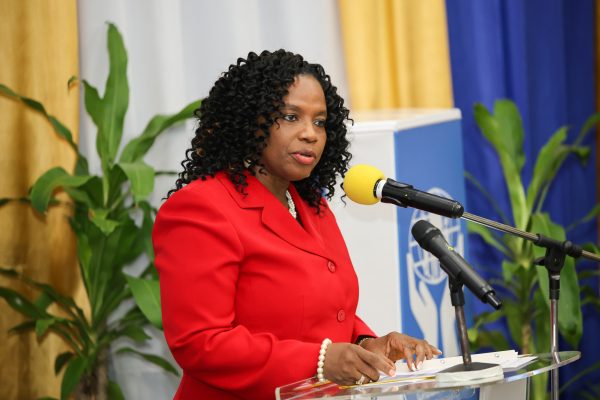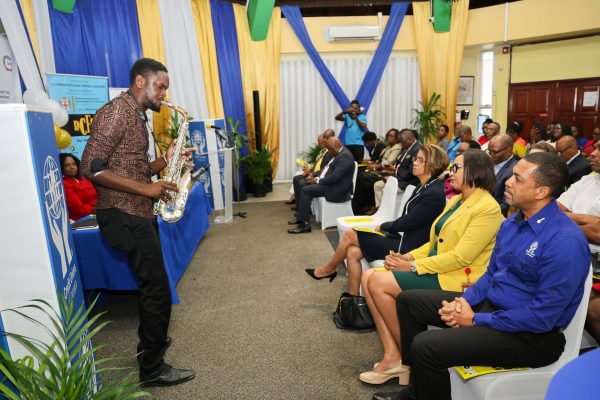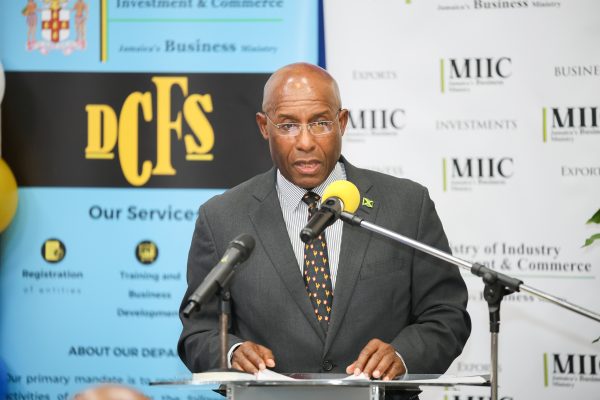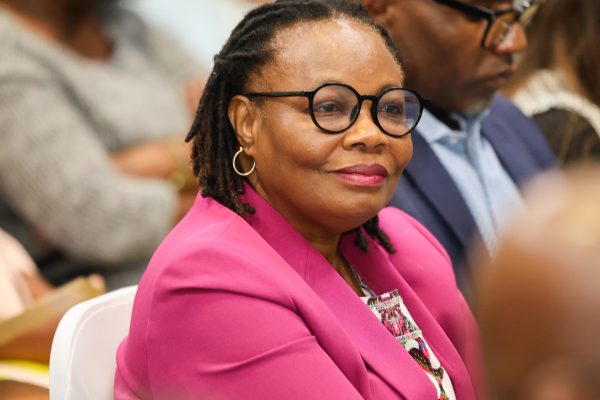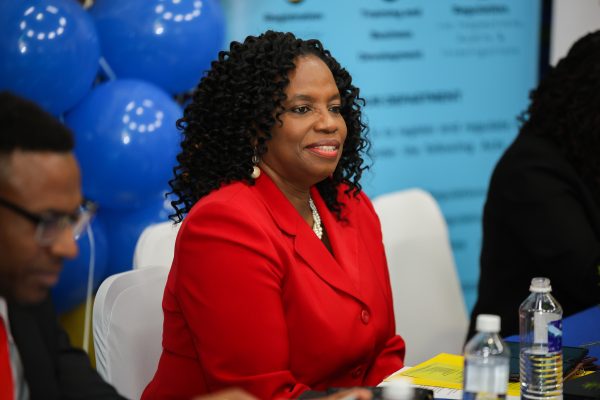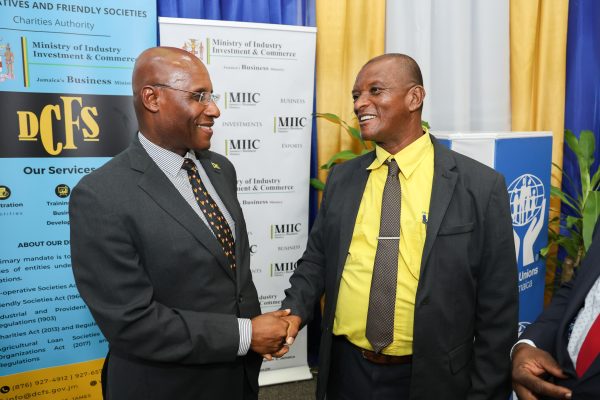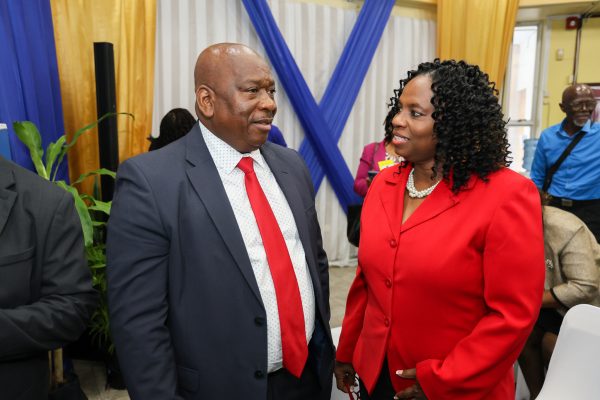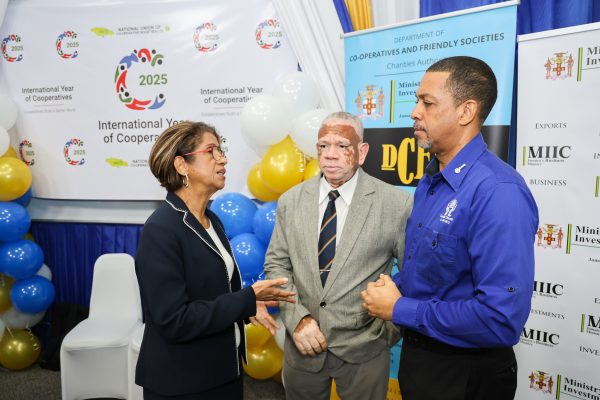Jamaica has officially launched the International Year of Cooperatives 2025, under the theme ‘Co-operatives Build a Better World.’ The launch, held on Wednesday, May 14, marks the start of a year-long national campaign to highlight the significant impact of the co-operative movement on nation-building and community development across the island.
The initiative is a collaborative effort by the National Union of Co-operative Societies (NUCS), the Jamaica Co-operative Credit Union League (JCCUL), and the Department of Co-operatives and Friendly Societies (DCFS). This is the second time the United Nations has designated a year for cooperatives, following the first in 2012. International Co-operatives Day will be celebrated on July 5.
Senator the Honourable Aubyn Hill commended co-operatives for their vital contributions to Jamaica’s economy and urged the sector’s leadership to push for updated regulations to foster further growth and viability. He emphasized how co-operatives “empower farmers, uplift fisherfolk, serve workers… invest in our youth, and bring women to the front.”
Bornette Donaldson, President of the NUCS Board, underscored the global recognition of co-operatives’ role in building a better world. He highlighted their core values of self-help, mutual benefit, and democratic governance, noting their crucial role in advancing economic growth while prioritizing social and environmental responsibility.
Donaldson pointed out that co-operatives globally serve 1.2 billion members and employ about 10% of the world’s workforce. In Jamaica, over 90 active co-operatives boast a combined membership of over one million Jamaicans and manage assets exceeding J$200 billion. Despite challenges like regulatory hurdles and low visibility, Donaldson called for increased awareness of co-operatives’ value in tackling societal issues like inequality and unemployment.
Adding to the significance, Registrar of the DCFS, Errol Gallimore, noted that 2025 also marks 75 years of the co-operative movement in Jamaica, making it a fitting time to reflect on its resilience and future potential.
